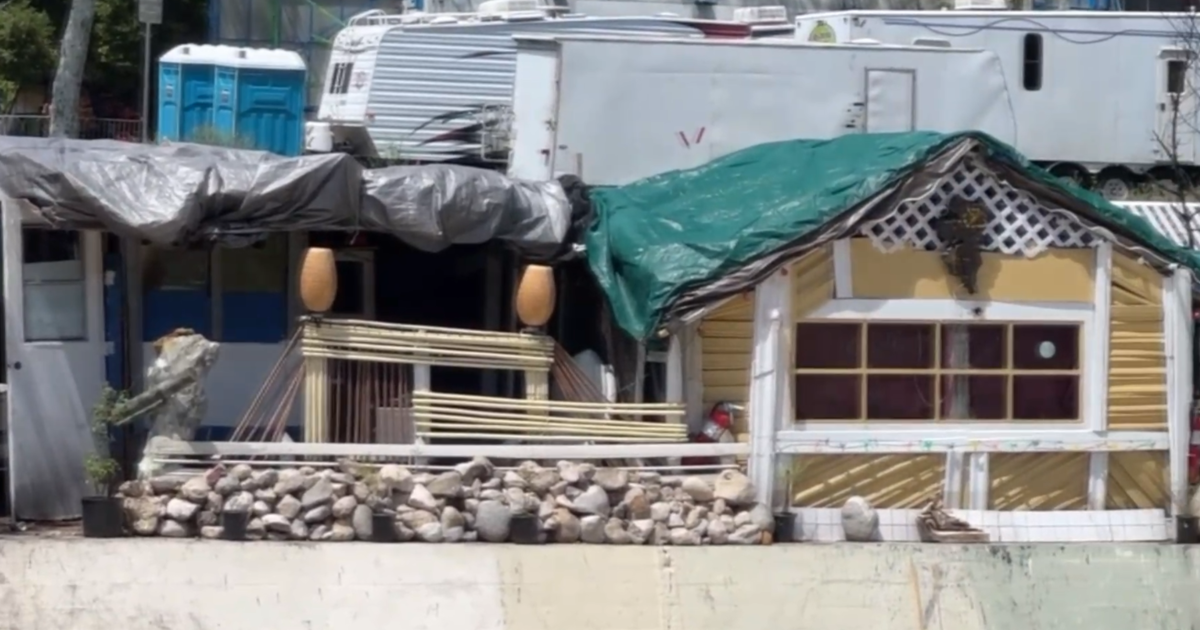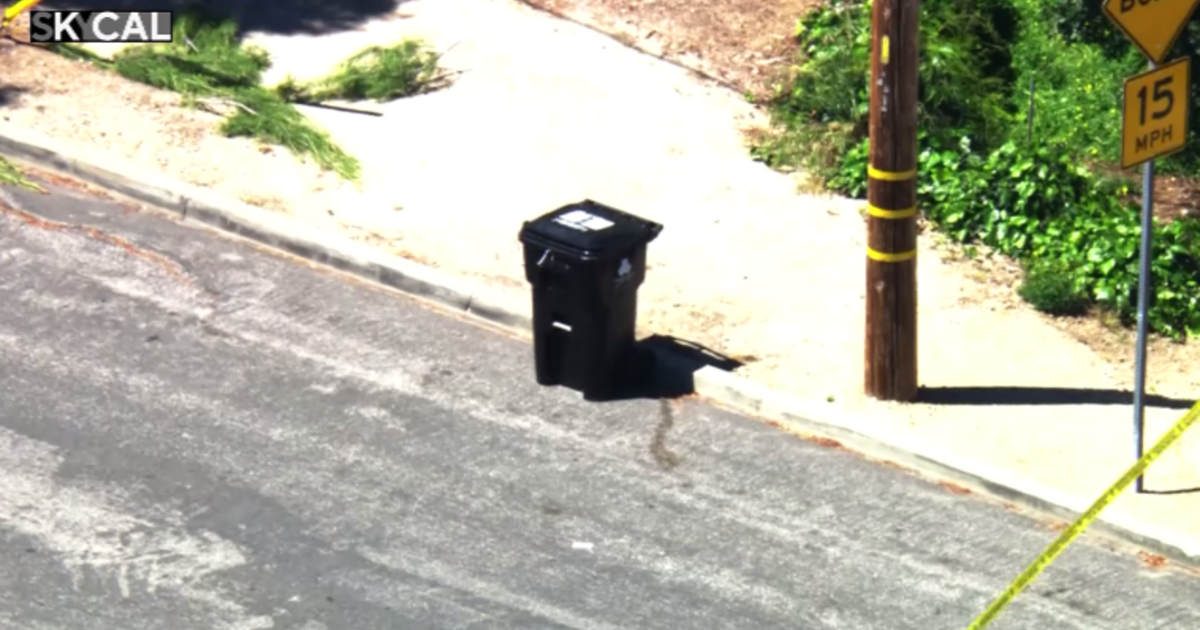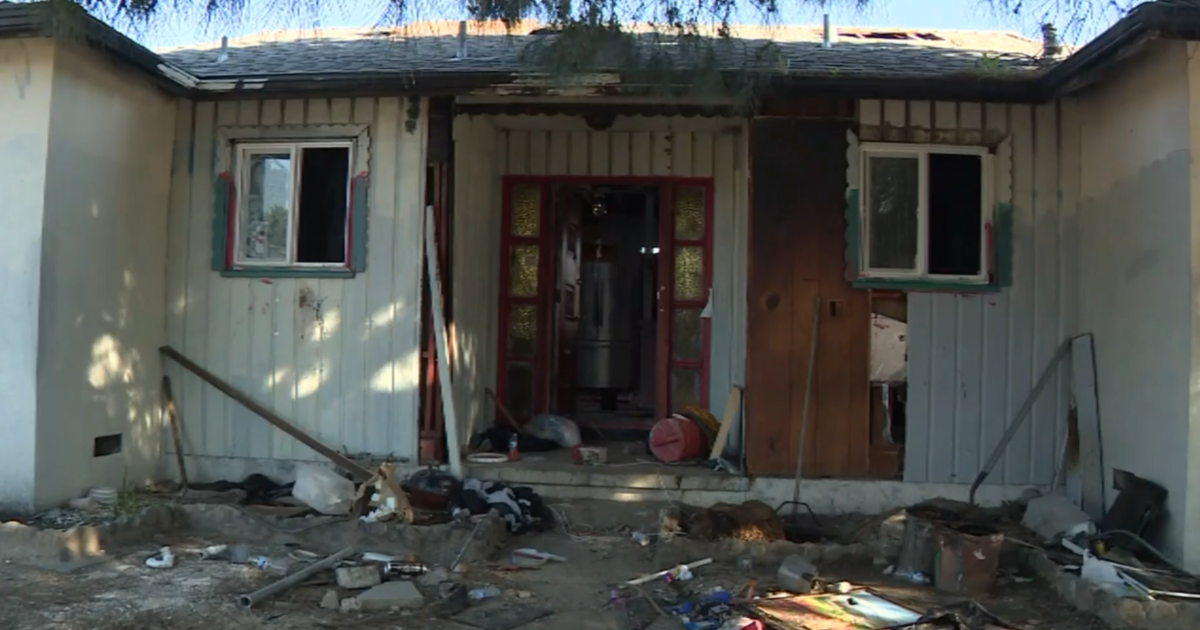What To Do During An Earthquake If You Are Outside
 (Photo credit: Thinkstock)
(Photo credit: Thinkstock)
Earthquakes can be terrifying events, particularly if you are outdoors or in unfamiliar terrain. If you find yourself away from home when an earthquake hits, these guidelines could keep you save from injury and even save your life.
Don't Rush Indoors – Ground movement is rarely what causes injury or death to occur, so if you find yourself outside during an earthquake, do not go inside but rather, try to make your way to an open space that is away from buildings and other structures, such as street lamps and traffic signs. This will help you to avoid falling debris, broken windows, dangling utility wires or outwardly collapsing walls.
Stay Put – Once you are in an open space, remain there until the earth stops shaking and don't return to heavily constructed spots. The most dangerous areas to avoid during an earthquake and its aftershocks are building exteriors, particularly at the exits. Exterior walls that were compromised during the earthquake may abruptly collapse without warning, and loosened windows and bricks may also continue to fall during tremors.
Stop Driving – If you are in a moving vehicle such as a car or bus, stay inside but stop driving as soon as you are safely able to. During an earthquake, vehicles should never park or stop under or near trees, utility wires, overpasses, bridges or gas stations. Once you can start moving again, do so slowly and cautiously, avoiding any areas of the road that appear to be damaged or obstructed, and continue to avoid bridges and ramps. Keep an eye out for agitated drivers, as people may be reacting to panic and driving erratically.
Remain Calm – If you are caught under debris, remaining calm will help you stay focused and better able to be found. The darkness may be understandably frightening, but under no circumstances should you light a match or flick on a cigarette lighter, as these may immediately ignite any spilled fuel from pipes cracked open by the earthquake. You also want to avoid kicking up or inhaling dust. Cover your mouth if possible with tissues or your shirt sleeve if you can't move. Tap rhythmically on a hard surface such as a pipe or wall or, if possible, use a whistle to alert help. Try not to shout as you may inhale toxins or dangerous amounts of airborne debris and dust. If you are there for an extended period of time, try not to go to sleep. Do not attempt to reach others who are trapped nearby.
Communicate With Family – After the earthquake has passed, use a prearranged communication system to determine each family member's whereabouts so those with mobility issues, children and the elderly can be collected and the household reunited in a safe, predetermined location.
Resources:
- Office of Disaster Preparedness and Emergency Management
- Ready.gov: Earthquakes
- OpenHazards.com
- Governor's Office of Emergency Services
- Farmers Insurance
- Project Impact Guidebook
![]()
Corey Whelan is a freelance writer in New York. Her work can be found at Examiner.com.
To learn more, visit CBS Los Angeles's Earthquake Resource Center
![]()



